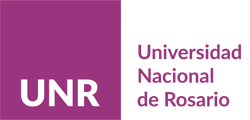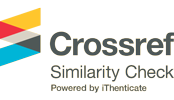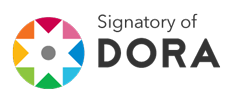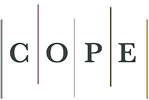Ved en trono a la noble igualdad. Soñar con Rousseau en América Latina
DOI:
https://doi.org/10.35305/ac.v9i09.454Palabras clave:
Jean-Jacques Rousseau, Independencias latinoamericanas, Libertad igualitaria, Ciudadanía, GéneroResumen
El artículo persigue el objetivo de mostrar, resumidamente, la impronta de Jean-Jacques Rousseau en los procesos independentistas latinoamericanos, particularmente su propuesta de una libertad igualitaria, que fue retomada por algunos de los más destacados dirigentes revolucionarios, sobre todo en el área rioplatense, donde Mariano Moreno, Bernardo de Monteagudo y José Artigas aparecieron como los más preclaros y decididos impulsores del pensamiento del ginebrino, el cual, por otra parte, llegó relativamente temprano al continente, donde fue perseguido por el Santo Oficio por postular la soberanía popular y la democracia. El artículo analiza también la relación entre ciudadanía, ciudadano y derecho, a la que no fue ajena la cuestión de género, como también la relación entre ciudadanía y libertad, considerada, por Moreno, como principio fundante de una nueva era, coherente con el proyecto emancipador generado por las proposiciones roussonianas. Finalmente, el artículo, si bien rescata la importancia de las ideas del ginebrino en las luchas por la independencia y por la constitución de un nuevo orden social y político, no deja de advertir el breve tiempo que tuvo la impronta de las mismas, derrotadas por propuestas de orden más moderadas, cuando no conservadoras.
Descargas
Descargas
Publicado
Cómo citar
Número
Sección
Licencia
Aquellos autores/as que tengan publicaciones con esta revista, aceptan los términos siguientes:- Los autores/as conservarán sus derechos de autor y garantizarán a la revista el derecho de primera publicación de su obra, el cuál estará simultáneamente sujeto a la Licencia de reconocimiento de Creative Commons que permite a terceros compartir la obra siempre que se indique su autor y su primera publicación esta revista.
- Los autores/as podrán adoptar otros acuerdos de licencia no exclusiva de distribución de la versión de la obra publicada (p. ej.: depositarla en un archivo telemático institucional o publicarla en un volumen monográfico) siempre que se indique la publicación inicial en esta revista.
- Se permite y recomienda a los autores/as difundir su obra a través de Internet (p. ej.: en archivos telemáticos institucionales o en su página web) antes y durante el proceso de envío, lo cual puede producir intercambios interesantes y aumentar las citas de la obra publicada. (Véase El efecto del acceso abierto).

















































